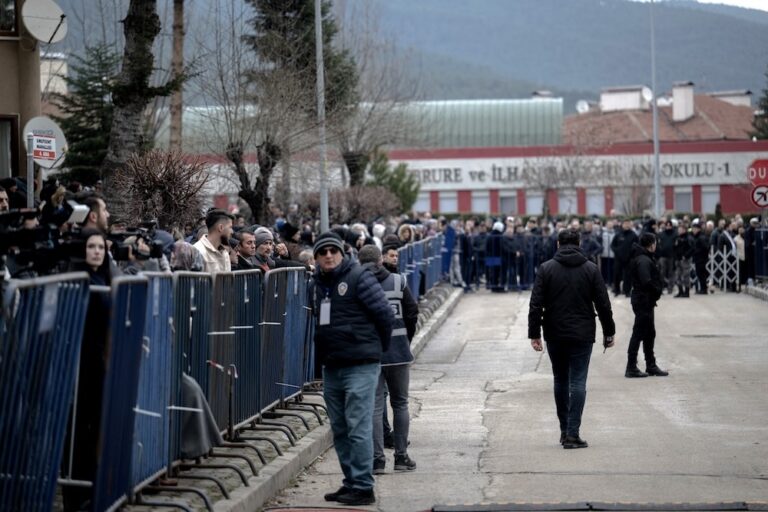A signature campaign launched by more than one hundred academics is opposing attempts to recognise universities as public places where the Internet may be filtered.
(BIANET/IFEX) – 11 January 2012 – “We want a secure Internet without censorship,” is the message of a signature campaign launched by more than one hundred academics to prevent a much-disputed Internet filtering system from being applied in universities. The campaign, which is the initiative of the Alternative Communication Foundation, opposes attempts to recognize universities as public places where the Internet filter may be applied.
The so-called “Secure Internet” application was confirmed by the Prime Ministry Telecommunication Association (BTK) on 22 November 2011. Some universities initially supported the Internet filtering system, but many academics have now begun to counter the application.
Professor Mutlu Binark of Baskent University and Professor Kursat Cagiltay of Middle East Technical University (ODTU) are the leading figures of the campaign. The declaration claims that it is scientifically and ethically unacceptable to support the senate on an application which narrows freedom of expression and that any possible negative effects of the Internet can be managed by obtaining digital literacy skills.
The petition emphasizes the broad protests against the Internet filtering system, including reports by the OSCE and other international groups criticizing its application on the grounds that it restricts freedom of expression. The text also points to the annulment trial still pending before the Council of State. The university senate took the decision on behalf of the universities as institutions of free opinion, science and universal values for which it would be impossible to support the senate in scientific and ethical terms, it said.
“Universities should be places for criticism, scientific enquiry and free opinion. It is very dangerous to treat these places as tools for pubic work,” the campaign warned.
“The Internet filtering system was conceived by the government as a centralized, arbitrary and non-transparent mechanism. The options it provides for do not remove the reality of censorship applied by the government.”
The campaign underlines security as a right for all citizens, in particular children, but emphasizes that the filtering system does not provide a suitable solution. “Secure use of the Internet can be achieved through digital literacy, not with an Internet filter. A central filter is not being recommended in any democratic country. Unfortunately, Turkey is the only OSCE member state that applies a central filtering system. Other countries known to apply the filtering system are North Korea, China, Iran and Saudi Arabia.”


